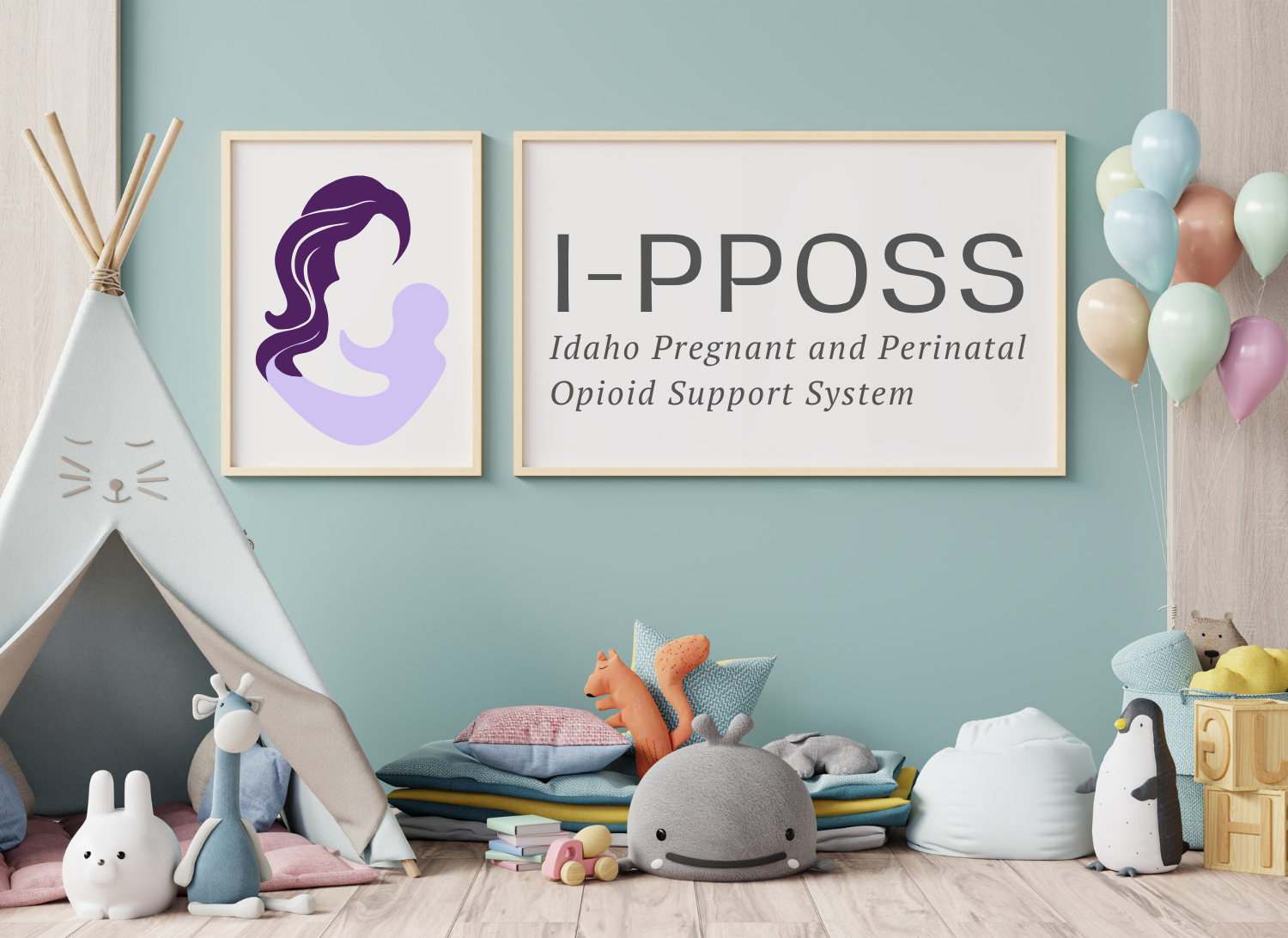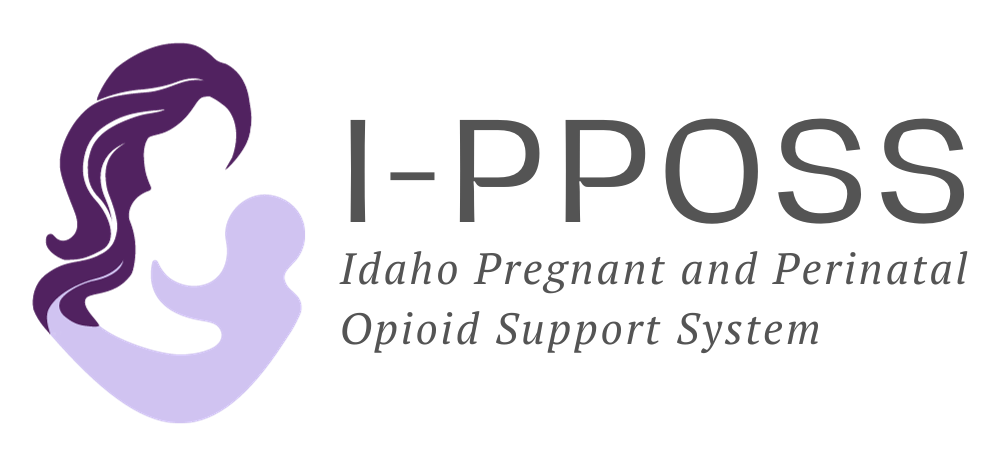The I-PPOSS Project is a response to the lack of services and barriers to care for women with perinatal SUD in Idaho. Through the development of peer support consultation services, learning collaboratives and networking, and educational resources for rural and frontier healthcare sites across the state, the I-PPOSS Project hopes to gain traction in reaching this critical population.
Please join us on our journey.
To learn more, check out our page for moms, Mom to Be Recovery, and check out our resources for providers.

what are we up to
Develop a Peer Support consultation service for rural and frontier primary care sites across the state.
Provide bridge funding to increase housing security in Perinatal/Early Parenting Mothers with substance use within our consortium member catchment areas.
Create a rural primary care/critical access learning collaborative focused on perinatal OUD/SUD.
Pilot care coordination huddle for perinatal OUD/SUD cases between clinical providers, social services, and local law enforcement agencies.
The estimated maternal opioid-related diagnosis rate per 1000 deliveries rose from 3.5 to 8.2.
Opioid Use Disorder (OUD) in pregnancy is associated with preterm delivery, low birth weight, and need for ICU care. The length of stay is nearly 7x longer than that of other newborns.
A study of pregnant women identified with SUD and a treatment need found only ~12.8% received treatment.
State systems are highly fragmented. No agency has taken on responsibility for addressing the full range of needs of pregnant or postpartum women with SUDs.
Many SUD treatment facilities do not offer special programs for pregnant women or beds for their children.
As of 2020, much of Idaho is considered a healthcare “Maternity Care Desert.”
Relatively few pregnant women with SUD seek treatment due to barriers such as the fear of losing custody of their newborns as a result of reporting their substance use to Child Protective Services (CPS).
Stigma, judgment, and misconceptions about the role of medication-assisted therapy (MAT) during pregnancy and breastfeeding remain significant barriers to accessing care for pregnant women with SUD.

If you are pregnant and want to stop using drugs or alcohol, you don't have to do it alone. Let us lend you a hand to help get you on your way to recovery.

Find more resources for your patients including peer support resources, printable handouts for your patients, and more information about the I-PPOSS Project.
Help us create a better model of care for pregnant & postpartum women with SUD.
Progress is being made through new approaches; improving access to well-coordinated care for pregnant and postpartum women.
Contact us: IPPOSS@C-WHO.org





This presentation was supported by the Health Resources and Services Administration (HRSA) of the U.S. Department of Health and Human Services (HHS) as part of an award totaling $499,514.00 with 0% percentage financed with non-governmental sources. The contents are those of the author(s) and do not necessarily represent the official views of, nor an endorsement, by HRSA, HHS, or the U.S. Government. For more information, please visit HRSA.gov.